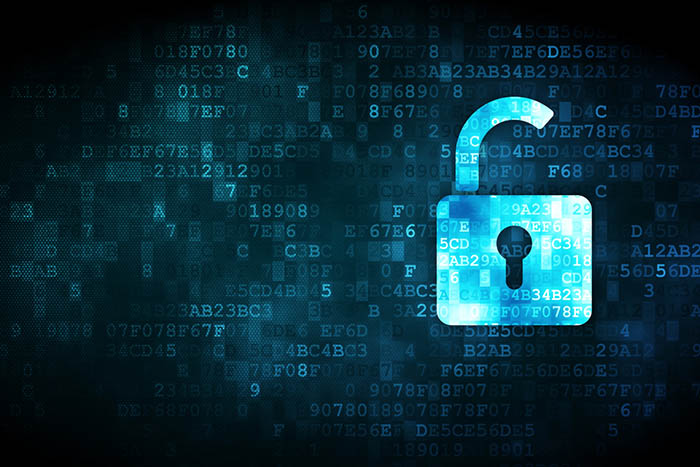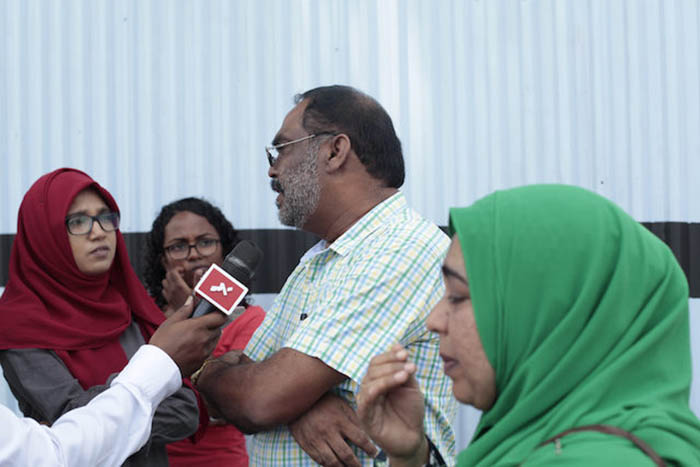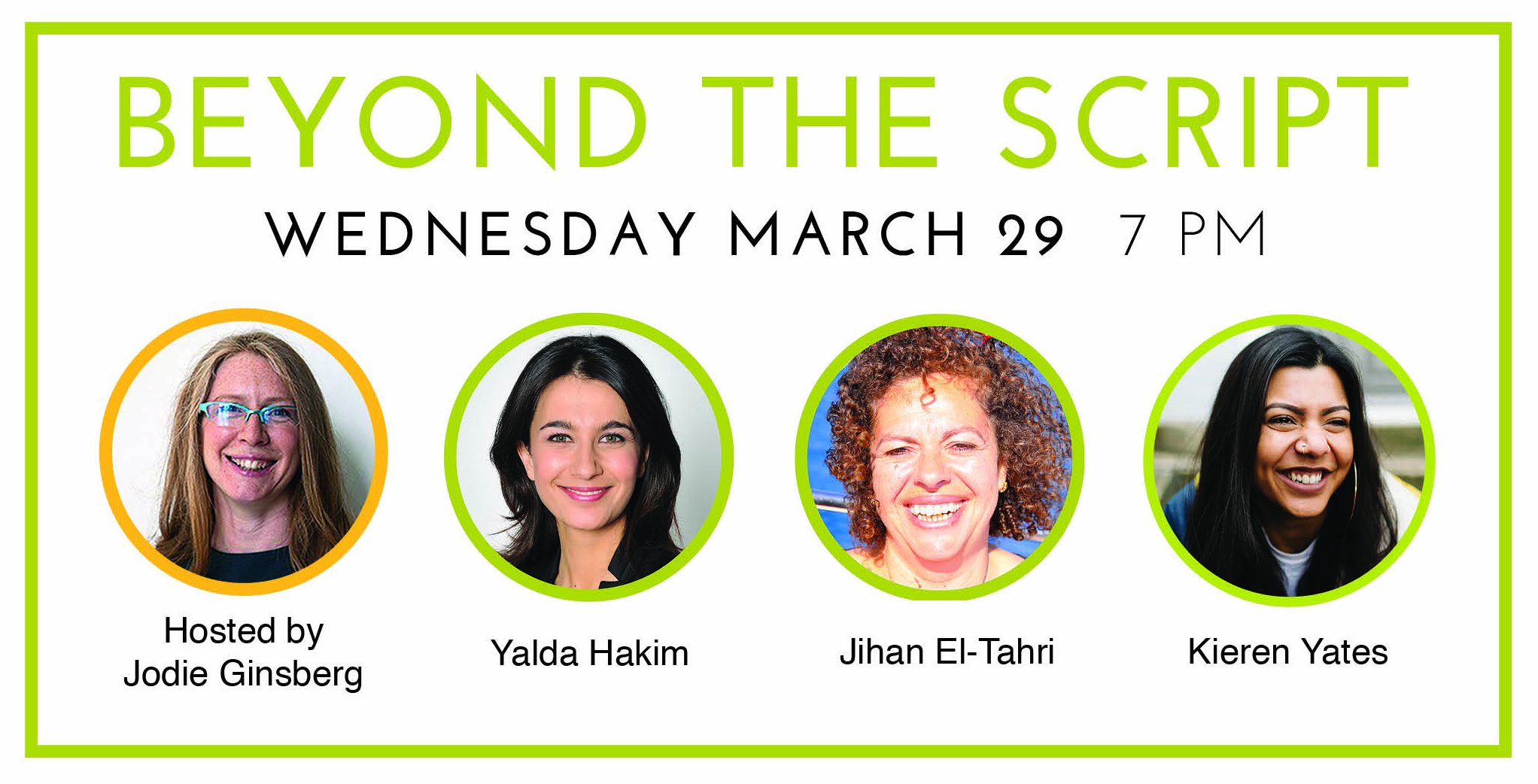Index relies entirely on the support of donors and readers to do its work.
Help us keep amplifying censored voices today.
[vc_row][vc_column][vc_column_text]
On 16 May the Venezuelan government issued Executive Order 2489 to extend the “state of emergency” in Venezuela, in place since May 2016. This new extension authorises internet policing and content filtering. This measure deepens the restrictions to the free flow of information online even more. They include the blocking of streaming news outlets, such as VivoPlay, VPITV, and CapitolioTV. Other serious practices that prevail in Venezuela are the aggressions of military and police personnel to journalists and civilian reporters, and the detention of citizens in the wake of content published on social networks.
This happens in a context of a general deterioration of telecommunications, as a consequence of the divestment in the sector in the last 10 years. This has turned Venezuela into the country with the worst internet connection quality in the Latin American region. Given the censorship practices applied to traditional media, the internet has become an essential tool for the freedom of expression and access to information of the Venezuelan people.
The measures taken by the Venezuelan Government to restrict online content constitute restrictions to the fundamental rights of Venezuelan citizens and, as such, do not comply with the minimum requirements of proportionality, legality, and suitability. The Venezuelan Government has systematically ignored civil society requests regarding the total number of blocked websites. To this date, there is evidence of the blocking of 41 websites, but it is suspected that many more websites are being blocked. The legal and technical processes applied by the government to determine and execute the blocking of websites remain unknown.
These kinds of practices affect the exercise of human rights. In a joint release, the rapporteurs for freedom of expression of the UN and the IACHR condemned the “censorship and blocking of information both in traditional media and on the internet”. During the last few months, three streaming tv providers have been blocked without a previous court order. Moreover, the Government has used unregulated surveillance technologies that affect the fundamental rights of citizens, such as surveillance drones to track and watch demonstrators, while at the same time expanding its internet surveillance prerogatives, through the creation of bodies such as CESPPA.
In addition to this, the government has implemented mechanisms for the collection of biometric data without citizens being able to determine their purpose nor who has access to such information. The official discourse towards the internet, and specifically to social networks, is disturbing: the director of the National Telecommunications Commission has recently declared that social networks are “dangerous” and a tool for “non-conventional war”.
The sum of this factors, aggravated by the passage of time and the deepening of the social and political crisis, outlines the creation of a state of censorship, control, and surveillance that gravely affects the exercise of human rights. Quality access to a free and neutral internet is recognised internationally as a necessary condition for the exercise of freedom expression, communication and the access to information, and as a precondition of the existence of a democratic society. In that regard, the undersigned civil society and academic organisations wish to set our position in the following terms:
We express our condemnation to the extension of the state of exception in Venezuela, as well as to the restrictions to the free flow of online content that derive from it.
We manifest our concern for the growing deterioration of internet access infrastructure and telecommunications in Venezuela. The maintenance of such systems is of vital importance for education, innovation, and the communication of Venezuelans.
We emphasise that the use and implementation of technological tools such as drones and biometric identification systems must fit human rights standards and not affect the fundamental freedoms of citizens, in particular their privacy and autonomy.
We insist that all measures that restrict the free exercise of fundamental rights, such as the blocking of web pages, must comply with the minimum requisites of proportionality, legality and suitability, and in consequence, must be only adopted by judicial authorities following a due process.
We request the ending of the harassing actions and insulting speech conducted by public servants online against NGOs and human rights activists that document and denounce acts through digital platforms.
We demand the cessation of military and police aggressions against journalists and citizen reporters.
We request transparency on the actions taken to restrict internet traffic and content and demand an answer to the requests for public information made by civil society regarding the practices of content blocking and filtering executed by the public administration.
Signed,
Derechos Digitales
Instituto Prensa y Sociedad de Venezuela
Acceso Libre (Venezuela)
(DTES-ULA) Dirección de Telecomunicaciones y Servicios de la Universidad de los Andes
Venezuela Inteligente
Public Knowledge
Access Now
Espacio Público (Venezuela)
Hiperderecho (Perú)
Son Tus Datos (México)
Alfa-Redi (Perú)
Centro de Derechos Humanos de la Universidad Católica Andrés Bello
EXCUBITUS Derechos Humanos en Educación
IPANDETEC (Panamá)
Sursiendo, comunicación y cultura digital
Red en defensa de los derechos digitales, R3D
Global Voices Advox
Asuntos del Sur
Internet Sans Frontières (Internet Without Borders)
Center for Media Research – Nepal
Index on Censorship[/vc_column_text][/vc_column][/vc_row][vc_row][vc_column][vc_basic_grid post_type=”post” max_items=”4″ element_width=”6″ grid_id=”vc_gid:1496155906014-ceb40fec-308b-10″ taxonomies=”13, 6914″][/vc_column][/vc_row]
[vc_row][vc_column][vc_column_text]

Yameen Rasheed’s family submit a petition to Maldives Police Services to investigate his murder.
Your Excellency,
The undersigned civil society organisations write to you to condemn in the strongest terms the murder of internationally recognised Maldivian blogger Yameen Rasheed. We call on the government to take all necessary measures to ensure that the perpetrators of this heinous crime are brought to justice and to end the cycle of impunity for attacks on journalists, bloggers, and human rights defenders that has taken root in the Maldives.
Yameen Rasheed was an impassioned critic who reported on issues related to corruption, radicalism, and impunity, mainly through his popular blog The Daily Panic. In 2015, IFEX helped to support Yameen to speak out on these issues at the UN Human Rights Council in Geneva. His witty and relentless condemnation of systemic injustice earned him praise but also drew the attention of religious extremists and government officials who felt threatened by his social and political commentary.
Yameen Rasheed had reported numerous death threats before his attack. The police refused to act on any of his complaints. Reports since his killing suggest that the crime scene had been tampered with before a thorough review of evidence could be carried out. Furthermore, the family of Yameen Rasheed has reported harassment by local police who sought to prevent them from making public calls for justice for the death of their son. Such troubling reports raise doubts about the authorities’ commitment to ensure that a proper investigation takes place.
Yameen’s case is emblematic of the growing intolerance for ideas and opinions that challenge the role of religion in society throughout South Asia. Similar to countries like Pakistan and Bangladesh, in the Maldives, harassment of individuals that promote moderate or secular views has been common, and is justified by both militant criminal groups and sympathetic politicians on the grounds that these ideas are “un-Islamic.”
Yameen is one of three recent high-profile cases of attacks on media personnel in the Maldives over the past five years. In 2012 Ismail Rasheed, a freelance journalist and human rights campaigner, barely survived after having his throat slit near his home in the Maldivian capital, Malé. In 2014, Ahmed Rilwan, journalist for Minivan News, was abducted from his office and remains missing to this day. Rilwan was a close friend of Yameen’s, and much of Yameen’s work was focused on finding justice for Rilwan’s abduction. In all cases there has been a lack of adequate police investigation and response.
There are further causes for concern in the broader Maldivian free expression environment. The country ranks 117th out of 180 countries in Reporters Without Borders’ 2017 Press Freedom Index, due in large part because of restrictive laws such as the 2016 “Protection of Reputation and Good Name and Freedom of Expression Bill”, which criminalises defamation based on an overly broad definition of the offence. Public threats have frequently been issued against independent media by politicians, criminal gangs and religious extremists and have helped to create a climate of hostility that has led to self-censorship. Imprisonment of journalists and activists is also a common tactic used to silence critical voices.
Yameen Rasheed’s death should serve as a strong indicator of the need for immediate steps to protect space for dissent and debate in the Maldives, space that is threatened by draconian laws and impunity for attacks committed against individuals expressing controversial or adversarial opinions. As such, we call on the government to take the following measures:
• Ensure that a timely, thorough, and transparent investigation into the killing of Yameen Rasheed takes place and all perpetrators of this crime against freedom of expression are brought to justice. Similar action should be taken in the cases of Ismail Rasheed and Ahmed Rilwan;
• Investigate and hold accountable all those who make threats or incite violence against journalists, bloggers, and human rights defenders, as well as against the family of Yameen Rasheed;
• Amend or repeal laws that create disproportionate and unnecessary limits to legitimate expression, according to standards specified in Article 19 of the International Covenant on Civil and Political Rights, ratified by the Maldives in 2006;
• Implement legislation and other measures to create a safe and enabling environment for journalists and human rights defenders, according to relevant recommendations accepted by the Maldives during its 2nd cycle Universal Periodic Review (UPR);
• Improve independence of the judiciary and build technical capacity of the police force through international assistance and other reforms, as agreed to by the Maldives during its 2nd cycle UPR.
Signed,
Bytes for All
Adil Soz – International Foundation for Protection of Freedom of Speech
Afghanistan Journalists Center
ARTICLE 19
Association for Media Development in South Sudan
Bahrain Center for Human Rights
Cambodian Center for Human Rights
Canadian Journalists for Free Expression
Center for Media Freedom and Responsibility
Committee to Protect Journalists
Foundation for Press Freedom – FLIP
Freedom Forum
Free Media Movement
Global Voices Advox
Globe International Center
Human Rights Network for Journalists – Uganda
Index on Censorship
Institute of Mass Information
International Federation of Journalists
International Press Centre
International Publishers Association
MARCH
Media, Entertainment and Arts Alliance
Media Institute of Southern Africa
Pakistan Press Foundation
Palestinian Center for Development and Media Freedoms – MADA
PEN American Center
PEN Canada
PEN International
Reporters Without Borders
Vigilance pour la Démocratie et l’État Civique
Asian Forum for Human Rights and Development
Awaz Foundation Pakistan, Centre for Development Services
Banglar Manabadhikar Suraksha Mancha
Bangladesh Manobadhikar Sangbadik Forum
Center for Social Activism
Center for Media Research – Nepal
Commonwealth Human Rights Initiative
FIDH, in the framework of the Observatory for the Protection of Human Rights Defenders
Front Line Defenders
Free Press Unlimited
Maldivian Democracy Network
Peoples’ Vigilance Committee on Human Rights
People’s Watch India
Pakistan NGOs Forum
Programme Against Custodial Torture and Impunity
South Asian Women in Media – Sri Lanka
South India Cell for Human Rights Education and Monitoring
World Organisation Against Torture (OMCT), in the framework of the Observatory for the Protection of Human Rights Defenders[/vc_column_text][/vc_column][/vc_row][vc_row][vc_column][vc_basic_grid post_type=”post” max_items=”4″ element_width=”6″ grid_id=”vc_gid:1494603115837-be75a009-7c8a-9″ taxonomies=”9143, 4002, 8875, 9028″][/vc_column][/vc_row]
[vc_row][vc_column][vc_column_text] Beyond the Script, part of the BBC Arabic Festival, invites speakers to question what we cannot talk about. Journalists, filmmakers and producers will look at policy, ethics and physical boundaries that limit their ability to convey information or tell a story in full. What are the barriers that limit our knowledge of situations and who gets left behind in the process? What are the stories we cannot tell?
Beyond the Script, part of the BBC Arabic Festival, invites speakers to question what we cannot talk about. Journalists, filmmakers and producers will look at policy, ethics and physical boundaries that limit their ability to convey information or tell a story in full. What are the barriers that limit our knowledge of situations and who gets left behind in the process? What are the stories we cannot tell?
Joining us for this discussion are:
Jihan El-Tahiri – Jihan has been making documentaries since 1990. Her most recent film, Nasser, was part of the 2015 official selection at the Toronto International Film Festival. Jihan is engaged in a number of associations working with African cinema, including the Guild of African Filmmakers in the Diaspora, the Federation of Pan African Cinema and Focus Feature’s Africa First Program. She is also a Mentor at the Documentary Campus.
Yalda Hakim – Yalda currently anchors the BBC World News flagship programme Impact and delivers hard hitting journalism for the Our World documentary strand. In the past twelve months she has reported from some of the world’s most challenging areas; covering the rise of ISIS in Iraq, Nigeria’s fight against Boko Haram, the devastation of the Nepal earthquake, the plight of people starving in South Sudan and has gained entry to Eritrea – considered one of the most secretive and oppressive states on earth.
Kieren Yates – Kieran is a London-based journalist, editor and broadcaster who had spent the last 10 years writing about youth culture, immigrant communities and politics. She writes regularly for The Guardian, FADER and Vice, edits the acclaimed fanzine British Values. She made the award nominated Muslim Drag Queens documentary in 2015 and appears everywhere from BBC One News to Radio 4 discussing politics and culture.
The evening will be chaired by Jodie Ginsberg. Jodie is the chief executive of Index on Censorship, having joined from the think-tank, Demos. A former London Bureau Chief for Reuters, Jodie worked for more than a decade as a foreign correspondent and business journalist. She was previously Head of Communications for Camfed, a non-profit organisation working in girls’ education.[/vc_column_text][/vc_column][/vc_row][vc_row][vc_column][vc_column_text]
[/vc_column_text][/vc_column][/vc_row]
Real improvements have been made that strengthen digital freedom of expression in Burma from ending the blocking of Skype calls, to restrictions on internet cafe use being lifted and a reduction in SIM costs which will open up access to the internet and mobile telecoms. However, the legal framework remains largely unchanged during the transition to civilian government, in particular the draconian Electronic Transactions Act which contains many restrictive provisions on internet use. Built into the network infrastructure there are physical restraints on the internet in Burma with only one internet gateway for personal users allowing the possibility of deep packet inspection and web filtering. Upload speeds in Burma remain slow and the country’s mobile telephone and internet usage is one of the world’s lowest, which affects the dissemination of information. It is also alleged that activists’ email accounts have been hacked by the state. While in practice the internet and internet activists are considerably freer than a year ago, in theory they are still liable to lifetime prison sentences for the political use of email accounts. Without legal reform and technical reform, digital freedom of expression will remain chilled and mobile and internet use will continue to be highly limited.